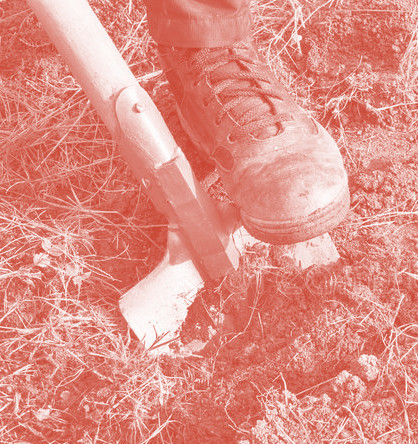Middle Arm fuel issues raised
 The role of fossil fuels in the NT’s “sustainable development precinct” has been questioned.
The role of fossil fuels in the NT’s “sustainable development precinct” has been questioned.
The Middle Arm Industrial Precinct in Darwin Harbour has come under significant scrutiny following a Senate inquiry that raised serious concerns about its environmental, cultural, and health impacts.
The inquiry, which resulted in a 200-page report, did not reach a unanimous conclusion, leading to calls for further investigation into the federal government’s $1.5 billion commitment to the project.
Initially promoted as a “sustainable development precinct”, the project has since been revealed to potentially include gas production, carbon capture, petrochemical processing, and hydrogen production.
This has led to accusations of misleading branding, with critics arguing that the precinct is fundamentally a fossil fuel development.
Former Northern Territory Chief Minister Eva Lawler admitted during the inquiry that the precinct could involve petrochemical processing, contradicting previous denials by both the NT and federal governments.
The Senate inquiry highlighted substantial risks associated with the precinct.
Dozens of scientists, traditional owners, and academics warned that the project could have severe consequences for the environment and public health.
The Institute for Energy Economics and Financial Analysis described the project as a significant risk for taxpayers, while local witnesses reported already observing negative environmental changes in the area.
Furthermore, expert testimony presented during the inquiry indicated that the health risks associated with the precinct, particularly from potential petrochemical operations, could include increased rates of cancer and other serious health conditions.
Traditional custodians including the Larrakia families say they were not adequately informed about the project's environmental and health risks.
The inquiry has provoked a strong response from various political figures.
Greens Senator Sarah Hanson-Young, who chaired the inquiry, condemned the project as a danger to both the environment and public health, questioning why public funds are being allocated to a development that, in her view, the local community does not support.
Senator David Pocock echoed these concerns, calling for a thorough investigation into the funding decision, which he described as “shrouded in secrecy”.
Pocock also urged the redirection of the $1.5 billion investment towards green industries instead of fossil fuel-based projects.
The federal government, however, has reaffirmed its commitment to the project.
A spokesperson for Infrastructure Minister Catherine King has told reporters that the Australian government remains dedicated to the planned equity investment, despite the inquiry’s findings.
The Senate report included a variety of recommendations, reflecting the divided opinions within the committee.
The Greens recommended that the project be halted until consent from the Larrakia people is obtained, a health risk assessment is published, and the federal subsidy is redirected to cleaner industries.
Senator Pocock, in his recommendations, called for an investigation into the circumstances under which the $1.5 billion investment was approved.
The NT government maintains that the precinct will provide substantial economic benefits, including the creation of approximately 20,000 jobs, a point reiterated by Coalition senators who accused the Greens and independents of bullying witnesses during the inquiry.
Despite the controversy, construction of the precinct is scheduled to begin in early 2026, pending final approvals.
The federal government's support for the project, in the face of mounting criticism, suggests that the debate over Middle Arm will continue to intensify as these deadlines approach.








 Print
Print